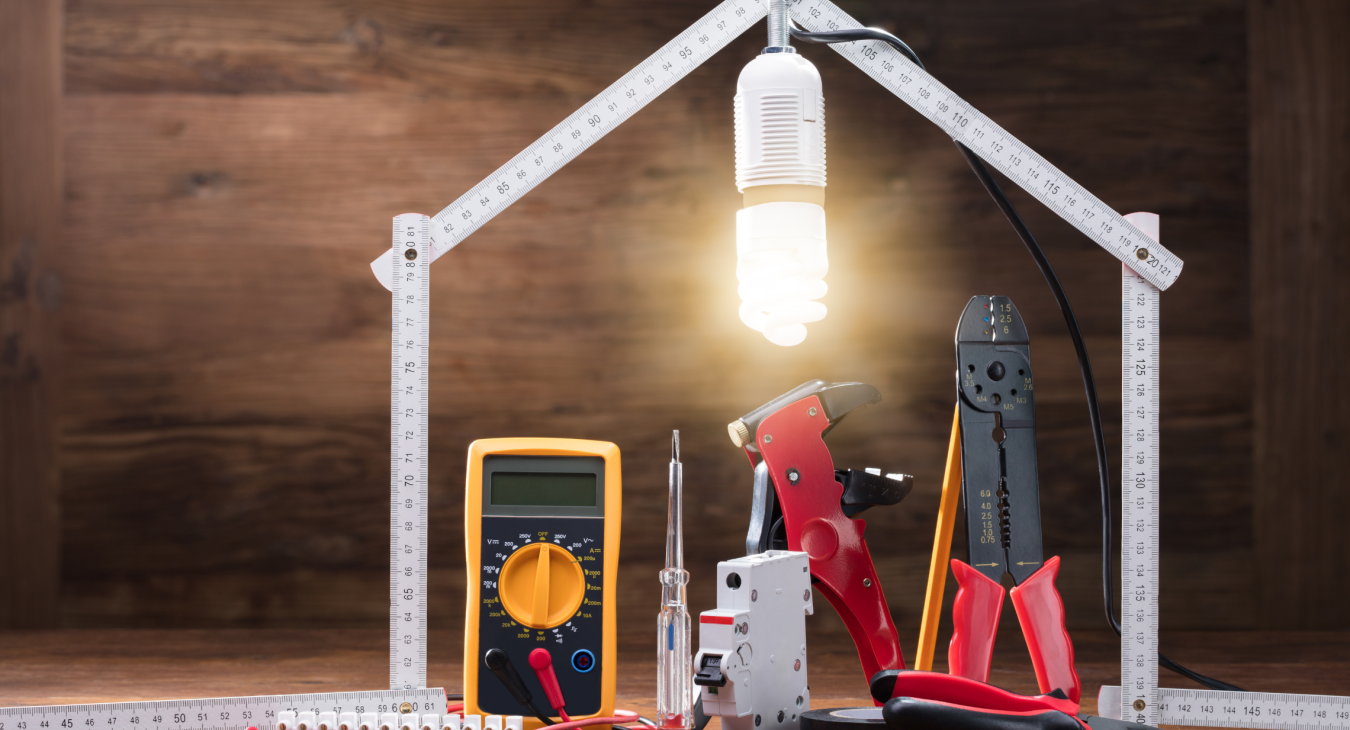
A home renovation is an exciting project that can transform your living space, boost energy efficiency and add significant value to your property. However, successful renovations require careful planning and a clear vision. Whether you’re updating your bathroom, modernising your heating system or embarking on a whole-house transformation, here’s your comprehensive guide to preparing for your renovation.
1. Define Your Vision
Start by outlining what you want to achieve with your renovation. Is your goal to create more functional space, modernise your home or improve energy efficiency? Take the time to research and gather inspiration from:
- Interior design magazines
- Social media platforms like Pinterest and Instagram
- Home improvement websites
Create a mood board or a digital folder to organise ideas for layouts, colours and styles. Having a clear vision will guide all your planning decisions and help you communicate your goals to professionals.
2. Set a Realistic Budget
Your budget is the foundation of your renovation plan. Without a clear financial framework, costs can spiral out of control. Begin by calculating how much you’re willing to spend and divide the budget into key categories:
- Labour costs
- Materials and fixtures
- Permits and planning applications
- A contingency fund (10-15% of the total budget for unexpected expenses)
Determine where to invest and where to save. For example, prioritise high-quality plumbing, electrical and heating systems over decorative features that can be updated later.
3. Assess Your Home’s Current Infrastructure
Understanding the current condition of your home is essential for effective planning. Consult qualified professionals to evaluate:
- Plumbing: can your current system support new bathrooms, appliances or layouts?
- Heating: would upgrading to a modern boiler or underfloor heating improve efficiency?
- Electrical Systems: are upgrades required for rewiring, lighting or accommodating additional appliances?
Addressing these issues during the planning stage ensures your renovation will be practical, compliant with building regulations and future-proofed.
4. Get Professional Advice Early
Engage with experts during the initial planning phase. Architects, plumbers, electricians and heating engineers can help you identify potential challenges and develop solutions before work begins. For example, consulting with a heating specialist early on can help you determine whether your home would benefit from a new central heating system or renewable energy solutions.
5. Research Customer Feedback
Selecting the right professionals is one of the most important steps in your renovation. Look for reviews and testimonials from previous clients to gauge the quality of their work and customer service. Ask friends, family and colleagues who they’d recommend. Reliable tradespeople will also be able to provide references and showcase examples of similar projects that they have successfully completed.
For added reassurance, check that the contractors hold relevant certifications, such as being Gas Safe registered for heating work or NAPIT/NICEIC-approved for electrical installations.
6. Obtain Detailed Quotes
Request detailed quotes from multiple contractors to compare prices and services. A comprehensive quote should include:
- Labour and material costs
- Estimated start and finish dates
- Any additional fees, such as waste removal or equipment hire
When comparing quotes, remember that the cheapest option isn’t always the best. Focus on value for money, considering the quality of materials and the contractor’s experience.
If you are considering a specific renovation such as upgrading an older property, installing renewable energy systems or working with specific fixtures and plumbing, search for contractors with specialised expertise.
7. Understand Local Regulations and Permits
Depending on the scope of your renovation, you may need to apply for planning permission or adhere to specific building regulations. For example:
- Adding an extension may require planning approval
- Electrical and gas work must comply with safety standards
Research local requirements or consult with your contractors to ensure all paperwork is in place before the project begins.
8. Plan Your Timeline
Setting a realistic timeline is crucial for staying organised. Consider factors that might affect your schedule, such as:
- Contractor availability
- Delivery times for materials
- Seasonal considerations (e.g., external work is easier in dry weather)
Communicate your timeline with all parties involved to ensure everyone is aligned and delays are minimised.
9. Incorporate Energy Efficiency into Your Plans
Energy-efficient upgrades are not only environmentally friendly but also cost-effective in the long run. When planning your renovation, explore opportunities to improve energy efficiency, such as:
- Installing a smart thermostat for better heating control
- Upgrading to energy-efficient lighting
- Choosing low-flow taps and showerheads
Some energy saving upgrades can qualify for government grants or incentives, so carry out research into various options before finalising your plans.
With years of experience in plumbing, heating and electrical services, our team ensures that all systems work harmoniously together for a seamless and efficient renovation. Whether it’s integrating a new boiler with underfloor heating or coordinating rewiring with modern lighting designs, our expertise guarantees your home will be functional, safe, energy-efficient and tailored to your needs.
From initial planning to final installations, we’re here to help make your vision a reality. Contact us today to discuss your renovation ideas, receive a free quote and take the first step towards making your 2025 project a reality.

